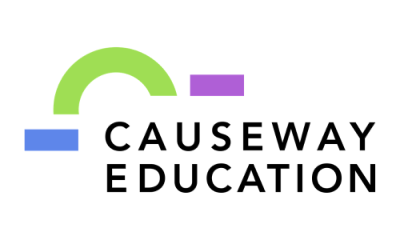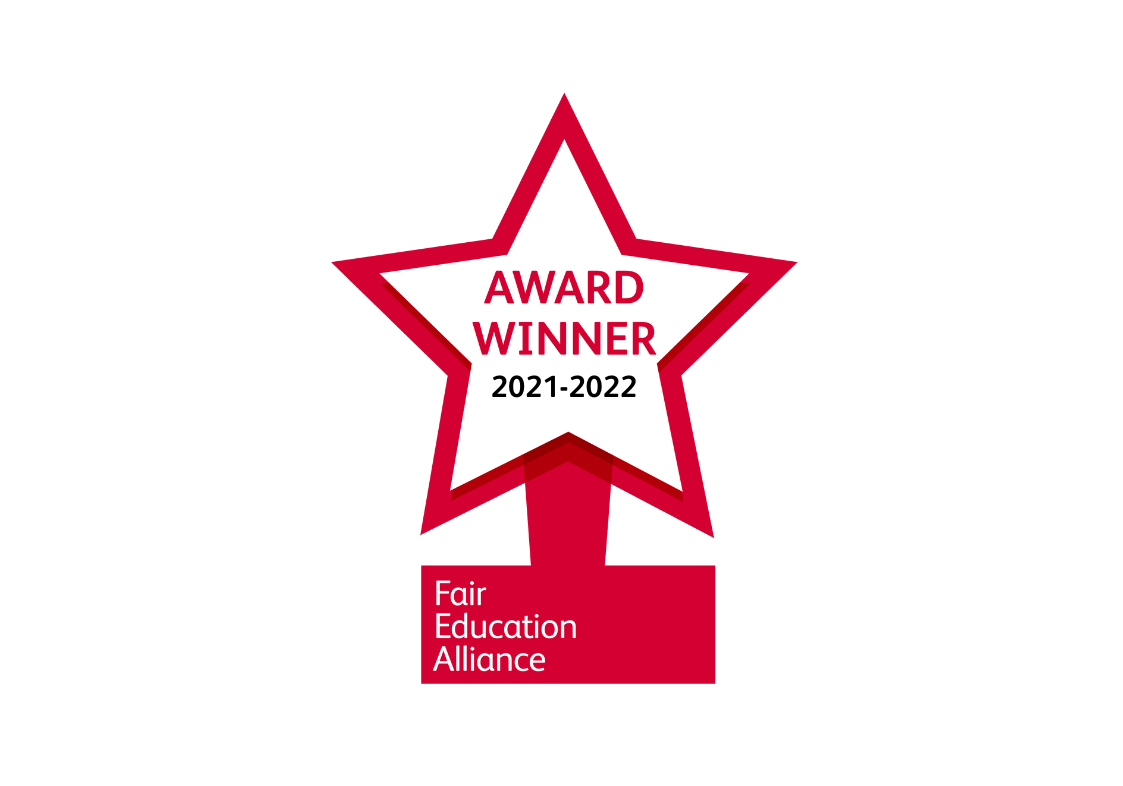Widening Participation - Student Workshops
/Helen Drummond, our Director of Partnerships, shares her advice on wp workshops.
This academic year Causeway Education launched a series of CPD events for Widening Participation (WP) professionals. The topics have been developed based on the requests we receive from WP departments for their own team training.
Last term, we ran a session on high impact student workshops, exploring accessible approaches to ensure every student is as engaged and learning as much as possible in your sessions. This term, I will be running a session on objective-led planning, predominantly based on the increase in the use of progressive frameworks in the sector.
Luckily for you, I have created this handy set of top tips, incorporating advice from both of these sessions. So, if you can’t make it, you don’t completely miss out. If you have attended one, they should be a helpful reminder. Print them off and stick them up on your wall, to freshen up your practice in 2020 or to provide support to newer colleagues.
This advice is aimed at sessions for widening participation, mostly because these sessions need to be of the highest quality. In a short amount of time, you are expected to change students’ perspectives on HE and up-skill them for application success. That is no mean feat. I explain some of the reasons I have included certain points here, but feel free to get in touch if you disagree, or if you have any further questions.
At our CPD sessions, we offer lots of practical examples of activities that can support deep learning experiences and high engagement.
Set clear objectives
Setting clear aims is the first step in successful session planning. You need to be precise about the knowledge or skills students will gain by the end of your session. Whilst “Understand student finance” might be the overall objective outlined in a progressive framework, it is not a helpful objective for individual session planning because it’s too broad. By breaking down the objective into smaller chunks, you can deliver the session more successfully, students are clearer about what they are learning, and we can test if we have met it. “In this assembly we are going to look at the different costs involved in going to university”, or “in this workshop we are going to look at how a university degree might impact your future earnings” could be possible examples. With a broad objective there is a temptation to pack in as much information as possible, which students will not be able to retain. This is particularly important in short sessions; you cannot achieve the same learning outcome in 20 minutes as you can in a one-hour session. That’s not a problem though, remember that in WP we are often looking to change attitudes to HE and increase confidence, as well as pass on information. If students do not retain all the information, but they leave your session with a new perspective on HE, then that’s a win!
At the end of my sessions, I ask students to tell me one thing they have learned. This is a helpful recap for me; have they taken on the key learning I planned? What else have they taken from this that I hadn’t intended? It amazes me how everyone can find something different to say, and often it can take a few goes to get to my main learning outcome. It gives me a chance to reinforce it again though!
Plan your dialogue
Early in 2016, I made a throwaway comment in a workshop about my opposition to the prospect of Brexit. A student, very politely, said that he hoped it might happen. I was rightly admonished. We should not assume that everyone feels the same way we do about the world. A comment like that could have even prevented him from taking in any content from my session. I have heard the same throwaway comments about “being a bit OCD”, or worse, misinformation “it’s fine to start your personal statement with a quote, the cheesier the better”. We spend ages planning our sessions, but it can be helpful to plan your patter as well, to avoid disengaging anyone. It is often during these moments of ‘informal chat’ that I tend to hear the outliers from Tip 6. This has become a mantra in our office. For real success in WP we are looking to get as many students from under-represented groups to be successful in their applications as we can, this is particularly important for competitive courses and institutions. It is not helpful to focus on the one or two students that bucked the trend, you must be unambiguous in your advice. You’ll be amazed how students (and their teachers) can cling to those examples. Think about how teachers prepare students for exams, with the best examples of answers.
Don’t tell, show
I cannot emphasise how important it is to come up with activities to consolidate the learning you want students to achieve. Have a look at your sessions again, how are you getting the message across? If you are simply telling students information, they have much less chance of retaining it. Students need to grapple with the content of your session, there are lots of teacher-style activities you can use to help with this. Vocabulary introduction might be done through a word search, a diamond 9 card sort is a helpful way of gauging prior knowledge or current opinions, whilst a game of splat is a good way of consolidating learning at the end of a session. We have lots of examples of activities like this that can elevate your session from a presentation to an engaging learning experience.
In March, there will be a workshop on meeting the needs of schools; looking at how to use Gatsby and the new Ofsted framework to hone your offering to teachers.




![10+tips+-+paint[1].jpg](https://images.squarespace-cdn.com/content/v1/54292324e4b0f1b39f8f1a1e/1579187350637-F7VC3KIAXOW00DOAZVF7/10%2Btips%2B-%2Bpaint%5B1%5D.jpg)


